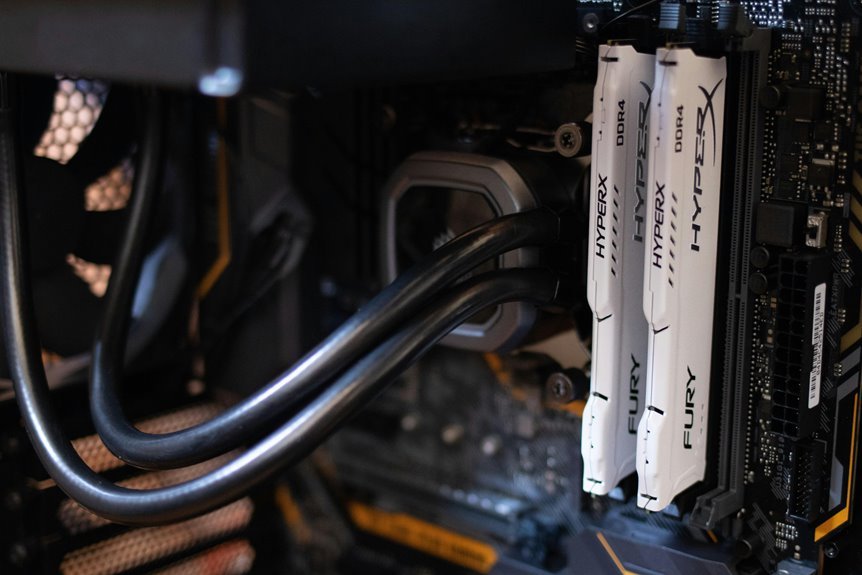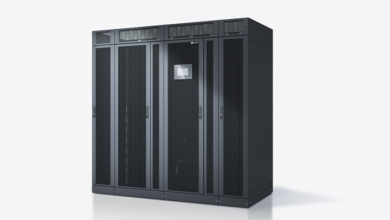
SSD Vs HDD for NAS: Which Storage Option Is Better for Your NAS Setup?
When evaluating storage options for a NAS setup, the choice between SSDs and HDDs presents distinct advantages and disadvantages. SSDs excel in speed and responsiveness, making them suitable for high-performance applications. Conversely, HDDs offer greater capacity at a lower cost, appealing for bulk storage needs. Understanding these differences is crucial. The decision hinges on specific requirements, such as performance versus capacity, prompting further exploration of each option's implications for a NAS environment.
Performance Comparison: SSDS Vs HDDS
When comparing the performance of Solid-State Drives (SSDs) and Hard Disk Drives (HDDs) for Network Attached Storage (NAS) systems, several key factors emerge.
Performance metrics indicate that SSDs significantly outperform HDDs in terms of read speeds, facilitating faster data access and improved responsiveness.
This advantage makes SSDs particularly appealing for applications requiring high throughput and low latency, enhancing overall NAS performance in demanding environments.
Capacity and Cost Considerations
While performance remains a significant factor in the SSD versus HDD debate for NAS systems, capacity and cost considerations also play a vital role in the decision-making process.
HDDs typically offer higher storage capacities at lower prices, making them more cost-efficient for large data needs.
Conversely, SSDs face capacity limitations and higher costs, which may restrict their use in budget-conscious NAS environments.
Reliability and Lifespan
Although both SSDs and HDDs have their distinct advantages, reliability and lifespan are critical factors that influence their suitability for NAS deployments.
SSDs generally exhibit lower failure rates and enhanced data integrity due to their lack of moving parts.
Conversely, HDDs may offer longer lifespans under specific conditions but are prone to mechanical failures, potentially compromising data integrity in high-demand environments.
Use Cases: When to Choose SSD or HDD
How does one determine the optimal storage solution for a NAS environment?
When rapid data access is crucial, SSDs excel due to their superior speed and lower power consumption, making them ideal for high-performance applications.
Conversely, HDDs are preferable for large-scale data storage where cost-effectiveness and capacity are prioritized, as they provide ample storage at lower prices, despite slower access times.
Conclusion
In the debate between SSDs and HDDs for NAS setups, the choice mirrors that of a sprinter versus a marathon runner. SSDs, like sprinters, excel in speed and agility, suited for tasks demanding quick access, while HDDs, akin to marathon runners, provide endurance and capacity for long-term data storage. Ultimately, the decision hinges on the specific needs of the user: whether to prioritize rapid performance or expansive, cost-effective storage solutions. Each has its strengths tailored to different scenarios.




